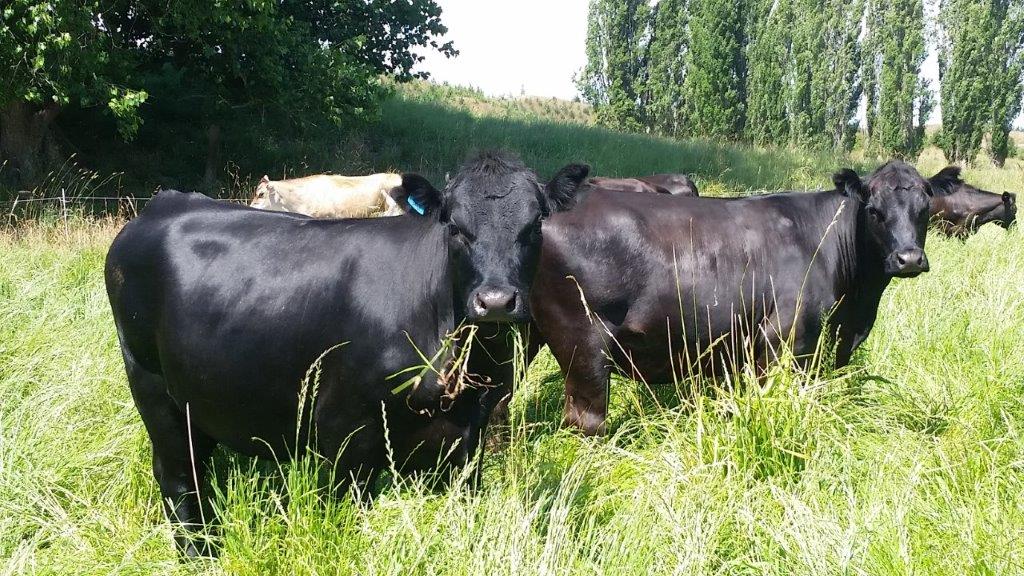It’s sprouting up all around New Zealand, including Hawke’s Bay.
Here are its 11 principles, as set out in a new Government-commissioned white paper*:
1) The farm is a living system;
2) Make context-specific decisions;
3) Question everything;
4) Learn together;
5) Failure is part of the journey;
6) Open and flexible toolbox;
7) Plan for what you want; start with what you have;
8) Maximise photosynthesis (year-round);
9) Minimise disturbance;
10) Harness diversity;
11) Manage livestock strategically.
For some, these principles collectively define a mindset called ‘regenerative farming’.
The farm pundits and Influencers are spending a heap of time today in NZ debating this name and concept – what exactly does it translate into in terms of on-the-farm practices; is it just a trendy name for what many smart farmers are already doing; and if that’s the case, why then – ironically – do so many conventional farmers and their advisers disparage it?
Whatever you want to call it, there are numerous HB farmers doing it … and doing it successfully.
Farmers who weathered last season’s drought just fine … and made money. Real earnings, not just paper gains in land value.
I have coffee with these folks, visit their farms, hear their ‘epiphany’ stories.
And I find two commonalities amongst them.
The first is principle #3 above – question everything. This is an intellectually curious crowd, but it’s not about theory, it’s about looking at actual outcomes and asking practically: “Is what we are doing today really delivering the results we want?” And then investigating, (mostly) self-educating, and trying alternative methods.
The second commonality binding these farmers is an intense dedication to improving soil health, and managing their ground covers, crop and feed plantings and animal grazing to that end.
They see first-hand what they are doing working, even as they see their neighbours floundering or failing – productivity-wise, environmentally, even in terms of personal well-being. And even as the conventional science community and the fertiliser reps claim there’s no ‘evidence’.
Nevertheless, more and more farmers are open to and searching for ways to be more resilient, quietly acknowledging that change is needed, even if not inclined to be vocal about it or first out of the gate.
And currently there’s a Government inclined toward this new direction, eager to invest dollars in investigating the ‘claims’ of regenerative agriculture.
Hawke’s Bay has a Future Farming Trust that is determined to explore this path and is proposing some options to Government to do so in this region in collaboration with willing farmers.
More to come.
*Gwen Grelet, Sam Lang: Regenerative Agriculture in Aotearoa New Zealand


Kia ora
I have attended Regenerative Farming info sessions. It will help NZ reclaim living waters, help the soil retain moisture and reduce competition for irrigation.
It has shown to produce top quality products and up the profitability of farms who choose this method. Check it out.